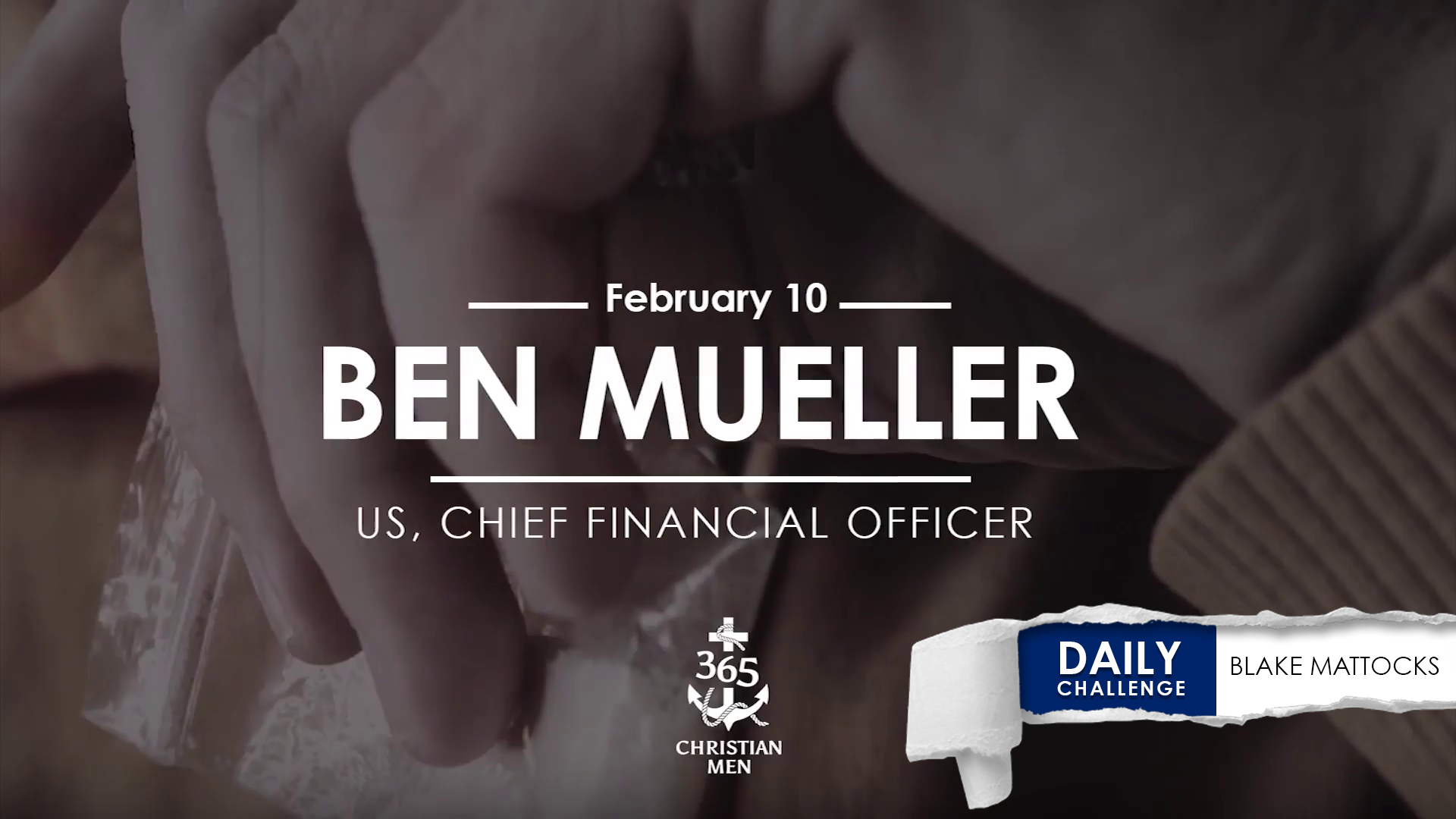February 13. Alexander Duff. Just when Duff was finishing his education, the Church of Scotland was preparing its first mission, which would be based on education, and they appointed him superintendent of a new mission school at Calcutta.
Writing about whether he ought to go India or stay in Scotland, Duff said: “with the Bible in my hands, I cannot see how her soul in Scotland can be intrinsically more precious to the Savior than a soul in Greenland … or in Hindostan.…”
On this date in 1830, Duff was shipwrecked on the way to India. He did finally arrive in Calcutta that year—after he had been shipwrecked—twice.
His plan was to produce a group of thinking people who—having Christian thought patterns and value systems—would influence Hindu society as a whole. Duff created a complete education in English with Christian philosophy and constant use of the Bible. To reach more people, Duff published a magazine, debated scholars, and wrote books. The only times he went back to Scotland were to recuperate from illness or to work to strengthen the mission’s funding.
Today’s story takes place on yet another ship. Here’s what happened.
Stay or turn back. The choice demands a decision.
Stay or turn back. Stay or turn back. By ten o’clock, the ship’s captain would have to decide. Could he safely stop for the night on the sandbank, or should he turn back to sea? Minutes ticked by.
Finally, the bells announced the turn of the hour, and the captain got up to order the crew to turn back, but the ship lurched violently.
The words never left the captain’s mouth.
The ship crashed on the rocks, and her frame splintered. Water gushed in.
Passengers in various states of undress rushed from their beds toward the commotion, and missionary Duff arrived on deck just in time to hear the captain cry out, “Oh, she’s gone, she’s gone!”
The ship was going down.
The crew scrambled to salvage a means of escape, and the passengers congregated in one of the cabins, their faces hardly masking their fear and distress.
They each dealt with the sudden shock in a different way, but Duff suggested they gather together in prayer.
They agreed, and in all the noise and turmoil, Duff lifted his voice to God. Each member of the group clung to anything that would steady him in the violent rocking as the ship pitched one way, then another.
For three hours, the ship jerked like a bull trying to toss its rider. And the waves pounded angrily at the deck.
A small group of sailors, who had gone out in small gig boats to scout for land, returned with reports of a small shore not too far away. Driven by desperation, the crew struggled to secure the longboat and started ferrying passengers to shore.
But the boat could only carry about a third of the group at a time. At the insistence of the single women, married women and their spouses went first.
No one knew if the longboat would be able to make three trips in time. However, just before daybreak, the last boatful of passengers made it safely to shore. Exhausted. Wet. Frightened.
But there was no time to rest. Everyone had to turn his attention to survival. One sailor, who had attended each of Duff’s meetings and paid rapt attention to his words, strode off along the beach. As he walked, he noticed something had washed up on shore, and when he got closer, he found that there were two books wrapped in chamois leather: a copy of the Bible and a Scotch Psalm book, both with Duff’s name still visible on the tattered covers.
Suddenly overjoyed, the sailor snatched up the books, which had been stored along with hundreds of others that were nowhere to be found.
Glowing, he brought them back to Duff, who gathered the people once again, their souls full of hope this time. He turned to Psalm 107 and read:
“Those who go down to the sea in ships, who do business on great waters; they have seen the works of the LORD, and His wonders in the deep. For He spoke and raised up a stormy wind, which lifted up the waves of the sea. They rose up to the heavens, they went down to the depths; their soul melted away in their misery.
“They reeled and staggered like a drunken man, and were at their wits’ end. Then they cried to the LORD in their trouble, and He brought them out of their distresses. He caused the storm to be still, so that the waves of the sea were hushed. Then they were glad because they were quiet, so He guided them to their desired haven. Let them give thanks to the LORD for His lovingkindness, and for His wonders to the sons of men!” (Psalm 107:23–31 NASB).
Everyone lifted his face upward and gave thanks to God. Duff challenged them to hope in the middle of chaos and to be thankful in the middle of favor. Though he couldn’t save his fellow voyagers from the storm, he could turn their attention toward the One who is able, and that was enough to restore their faith.
Today do you need to call on God? Can you lead others to do this, as well? Stay or turn back. The choice demands a decision.
Paton, William. Alexander Duff: Pioneer of Missionary Education. London: Student Christian Movement, 1923.
Smith, George. The Life of Alexander Duff, D.D., LL.D. New York: A. C. Armstrong & Son, 1879. Internet Archive, https://archive.org/details/lifeofalexanderd01smit/page/n8.
Story read by Nathan Walker















